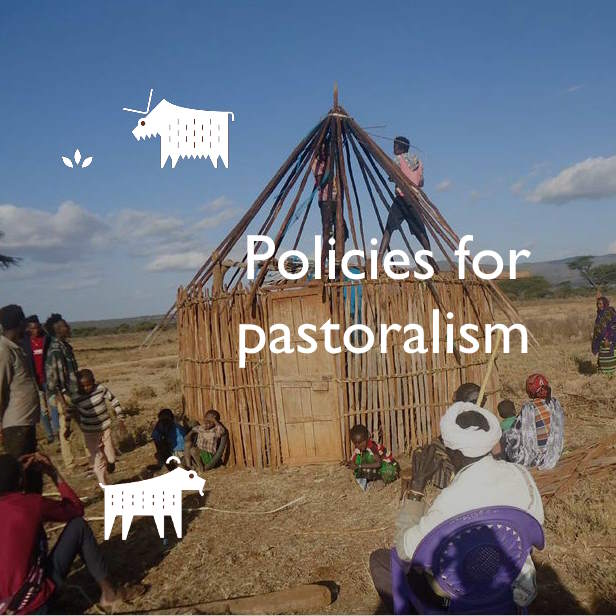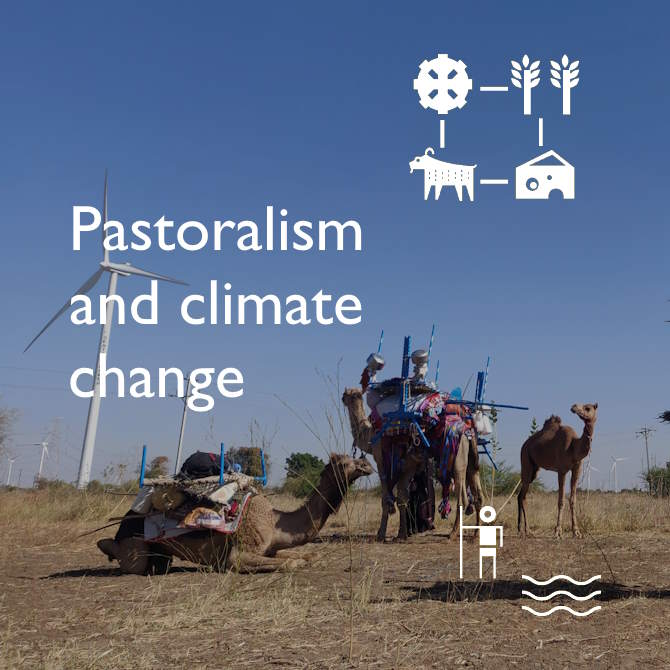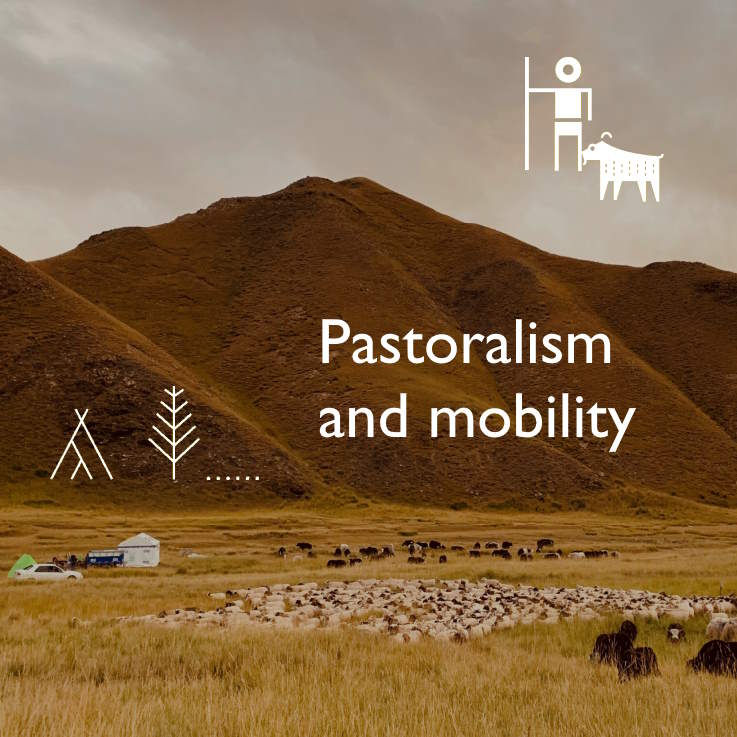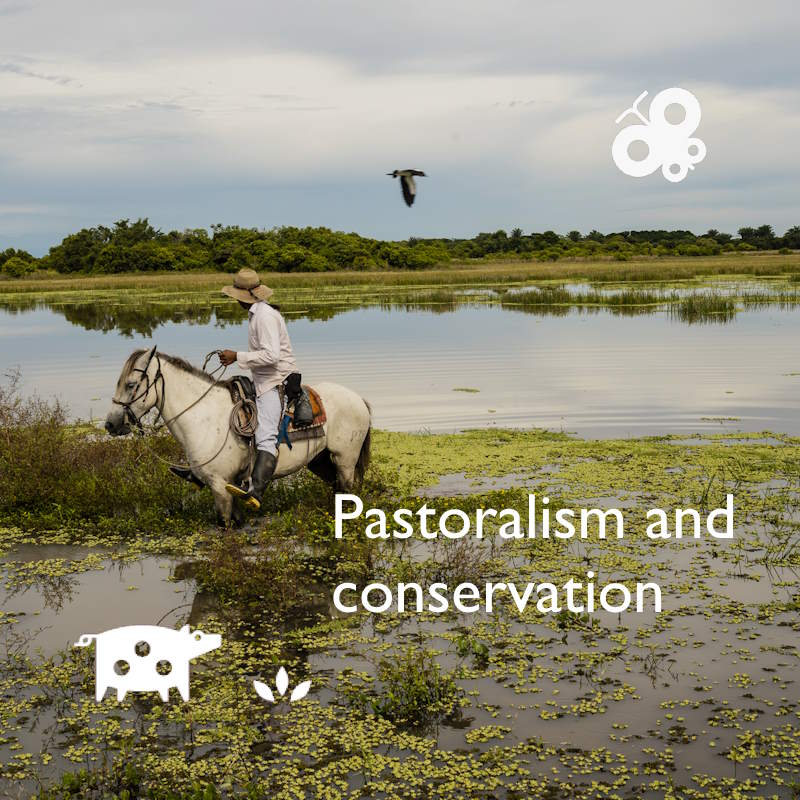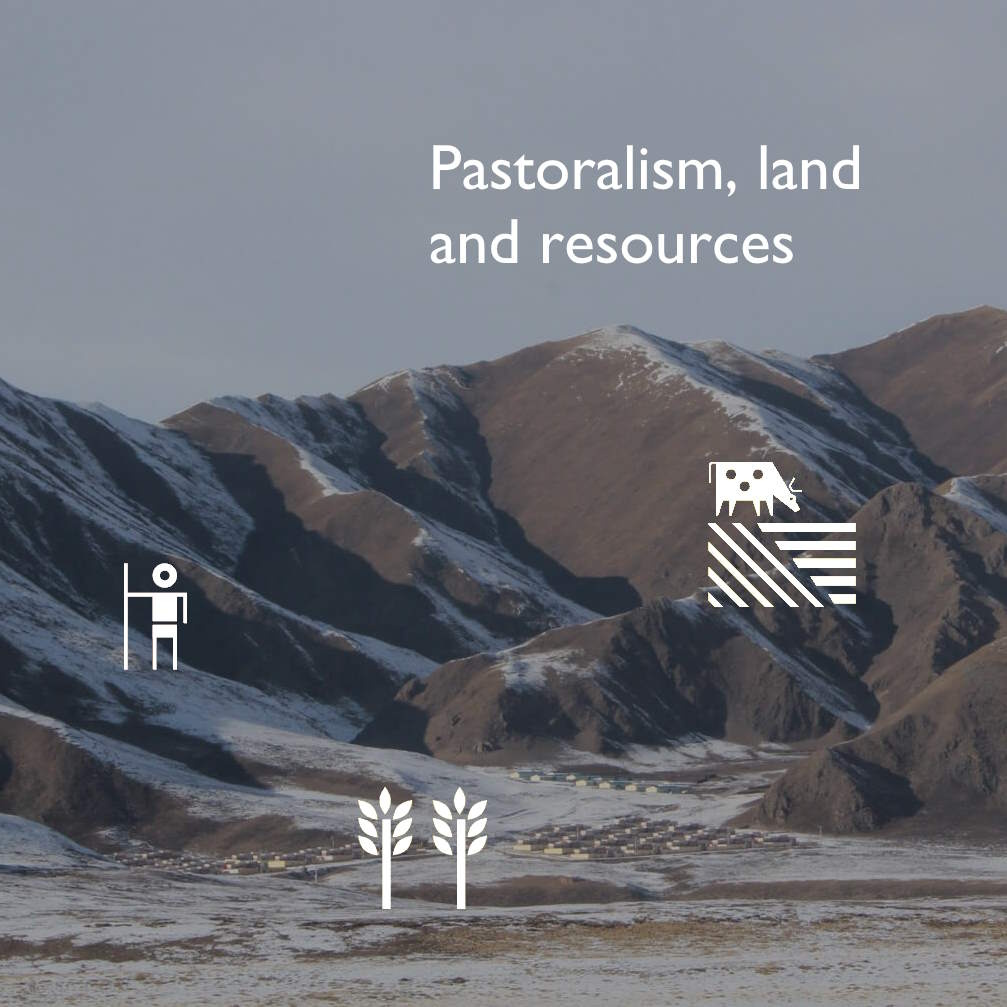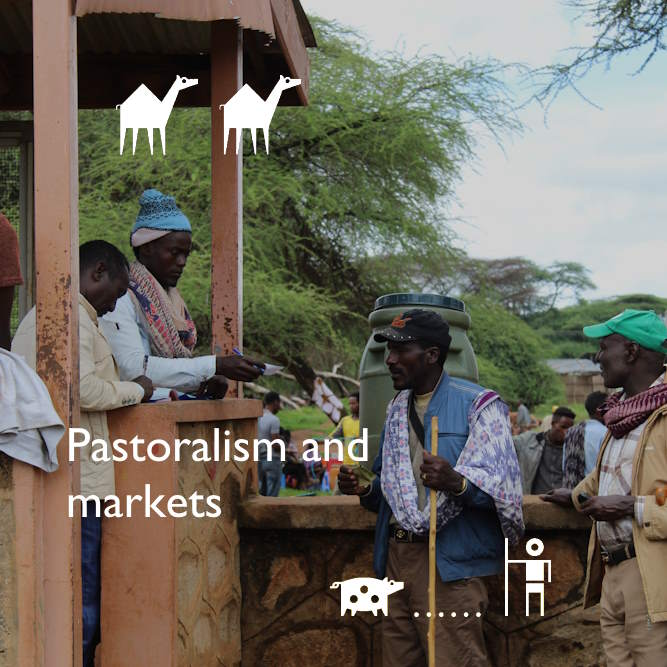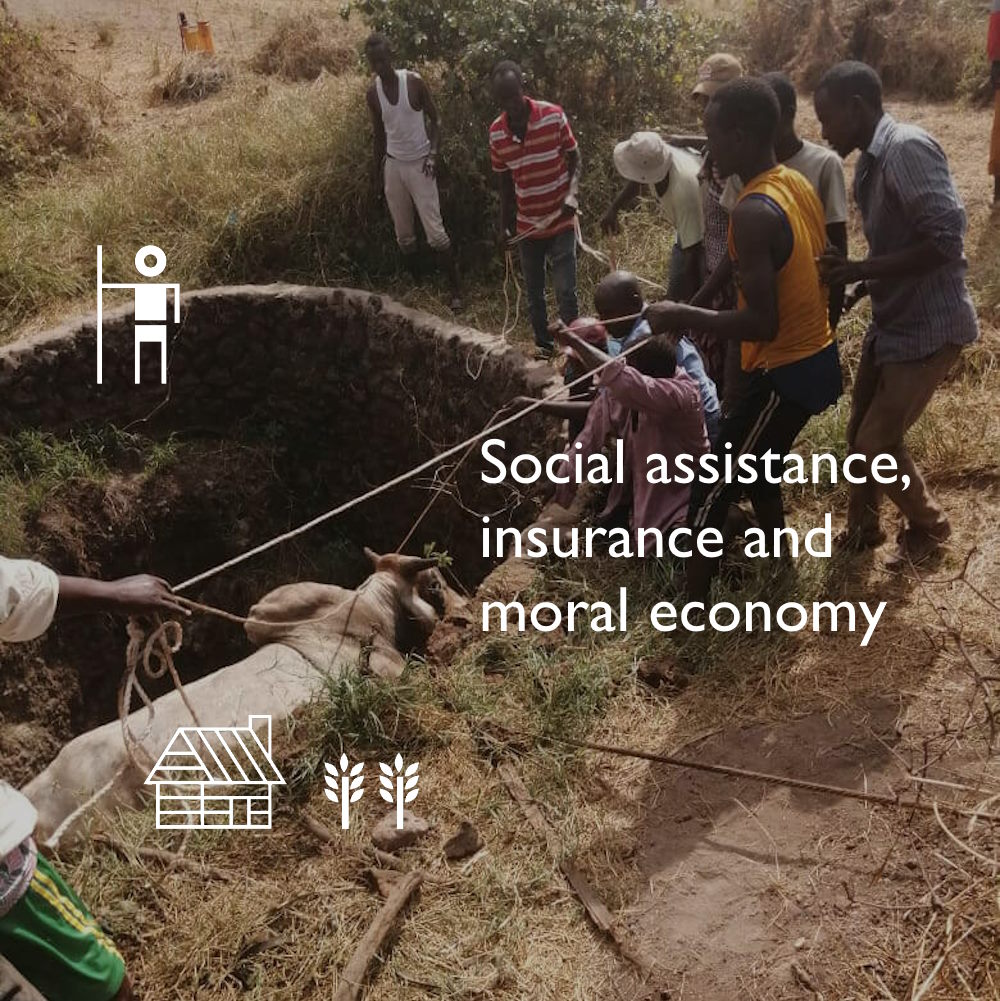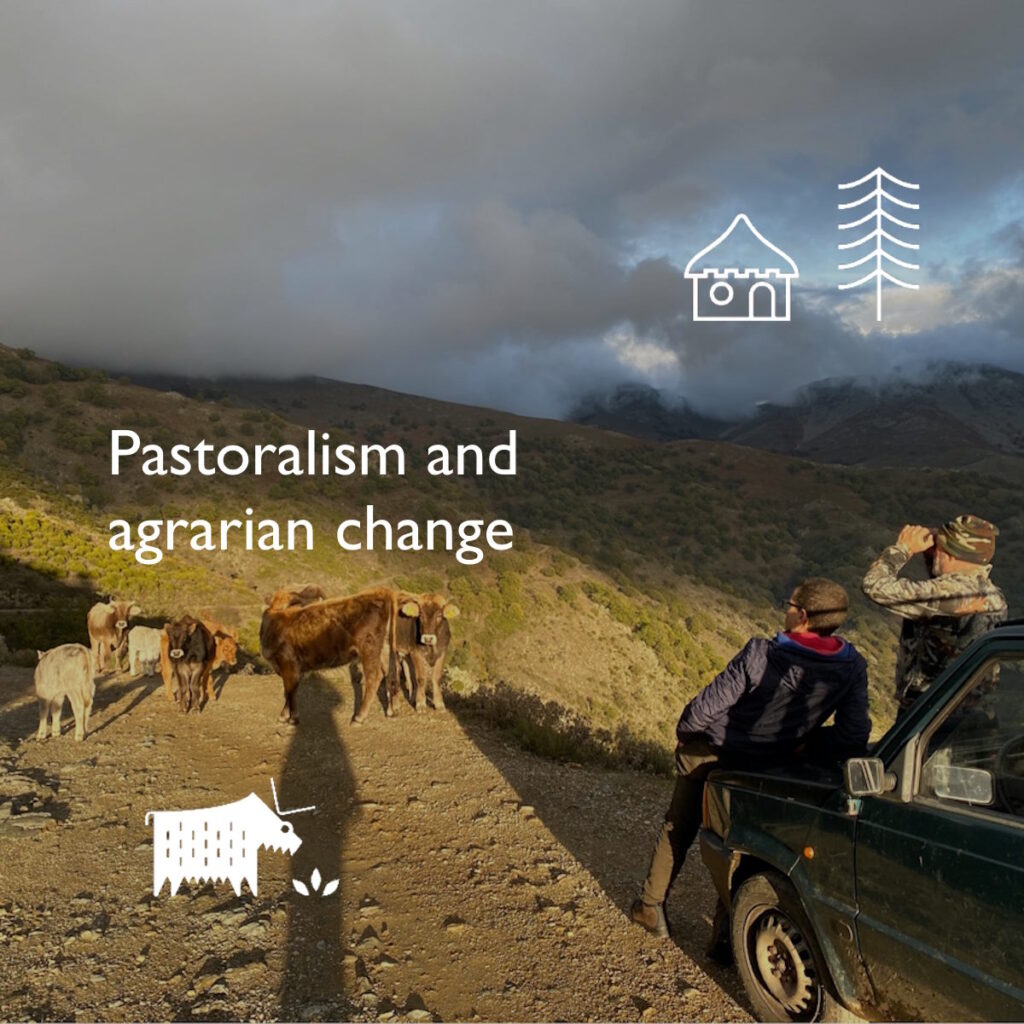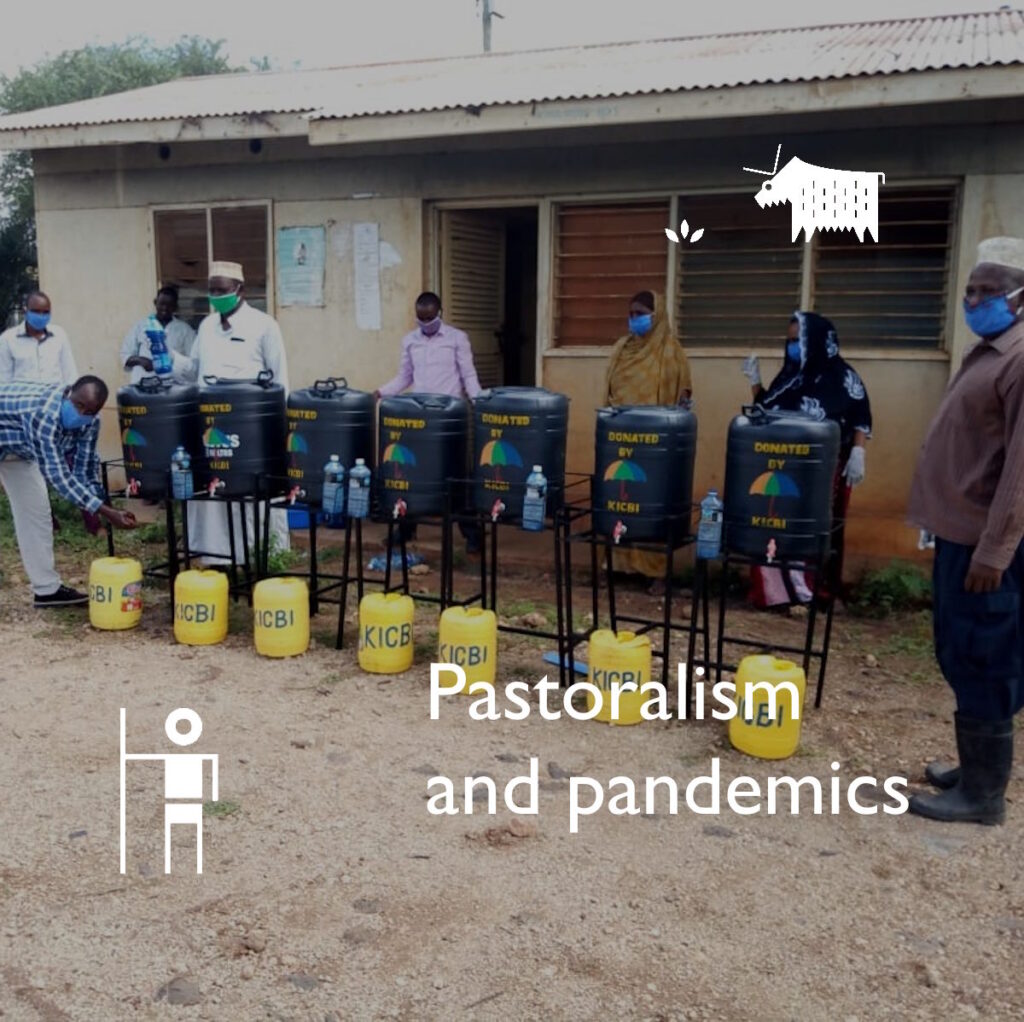Since 2018, the PASTRES research programme, co-hosted by IDS, has explored how pastoralists navigate uncertainty in diverse settings around the world. The programme also aimed to draw lessons for other areas of life – including challenges in finance, insurance, disease outbreaks, climate change, migration and critical infrastructure.
Pastoralists are experts at dealing with uncertain, variable environments and conditions. The PASTRES team found that policies and programmes often make assumptions that are not well-suited to pastoral settings. They also identified areas where improvements could be made, working in flexible, adaptive ways, learning from those who have to confront uncertainties in everyday life.
To mark the end of the PASTRES programme, Ian Scoones (PASTRES principal investigator) has written a series of ten blog posts that sum up the programme’s findings, discussing the implications for pastoralism, and lessons for broader development practice.
Policies for pastoralism
https://pastres.org/2023/12/08/policies-for-pastoralism/
PASTRES work has attempted to lay out a new narrative for pastoralism, challenging many of the misconceptions in current policy. In creating a new narrative about pastoralism – as modern, mobile, productive and an ‘asset to the world’ – some of the assumptions of the past must be challenged.
Livestock and climate change
https://pastres.org/2023/12/12/challenging-dominant-narratives-on-livestock-and-climate-change/
Livestock are an important contributor to greenhouse gases and therefore climate change. But PASTRES has been asking, which livestock and where are to blame? Too often all livestock are lumped together, with industrial livestock systems being talked about in the same breath as extensive, mobile systems like pastoralism.
Why mobility matters
https://pastres.org/2023/12/15/mobility-is-vital-for-successful-pastoralism/
The ability to move to respond to variable conditions is central to pastoral strategies. This takes many forms, ranging from daily to seasonal to inter-annual movements. Movements are facilitated by social relations as well as technologies. But in many areas, mobility is being constrained or challenged.
Pastoralists as conservationists
https://pastres.org/2023/12/19/pastoralists-as-conservationists/
Pastoralists are often blamed for environmental destruction. Although there are conditions where concentrations of people and animals can cause damage, there are also many misunderstandings about the ecologies of rangelands and pastoralism, and pastoralists can be important allies in conservation efforts.
Using and owning the land
https://pastres.org/2023/12/22/flexible-hybrid-land-use-and-tenure-in-pastoral-areas/
Much debate about land governance focuses on whether ideal type systems of private, state, or communal tenure are the most effective. Instead, we find that hybrid land governance, with overlapping institutions operating across complex land mosaics, is the most appropriate for sustaining (at least partially) mobile forms of pastoralism.
Pastoralism and markets
Pastoralists are always involved in markets. Standard approaches to development often push ‘modernisation’ to ensure that pastoral marketing is more efficient and profitable. But the ‘real markets’ that pastoralists create have social, cultural, political, and relational dimensions that are often ignored.
Rethinking resilience
https://pastres.org/2024/01/09/pastoralists-responding-to-shocks-rethinking-resilience/
Resilience should not be seen just as ‘bouncing back’ to a previous state, but always adapting and transforming in ways that new conditions are accommodated. In pastoral settings, resilience is created through the actions and practices of reliability professionals and others, within networks, and it’s embedded in social relations, cultures, and identities.
Social assistance, moral economies and insurance
https://pastres.org/2024/01/12/social-assistance-insurance-and-moral-economies-in-pastoral-areas/
Standard approaches to social assistance, humanitarian aid, social protection, and insurance are often not well-suited to pastoral areas. Mobility and collective support are important ways that pastoralists deal with risks, stresses and shocks.
Pastoralism and agrarian change
https://pastres.org/2024/01/16/pastoralism-and-agrarian-change/
Pastoralists must adapt to changes in land use, shifts in livelihood opportunities, and encroachments on territories. In some places, it’s becoming harder to find labour, and pastoral settings are affected by climate change – as well as the ‘solutions’ designed to respond to it. Despite many pressures, mobility, flexibility and ‘hybrid’ uses of land will continue to be important features of pastoral life.
Pastoralists and pandemics
https://pastres.org/2024/01/19/pastoralists-and-pandemics/
The experience of the Covid-19 pandemic suggests that reducing everything to directive risk management is insufficient. In these situations, people’s personal, experienced, and embodied uncertainties have to be addressed too. Much can be learned from pastoralists’ embedded knowledge, views of time, ways of communicating, decision-making and collective approaches to mutual support and solidarity.

